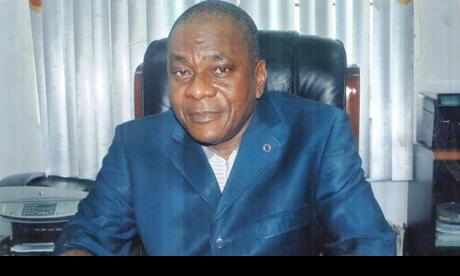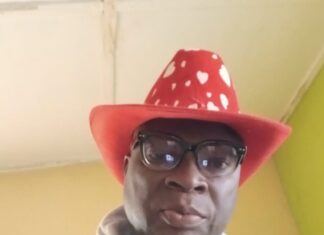President of the National Council of Managing Directors of Lincensed Customs Agents (NCMDLCA), Mr Lucky Amiwero, has revealed why corruption persisted at the Nigerian ports.
According to the trade expert who had served in over 64 Federal Government Committee on ports and economic reforms, the nation needed to wake up from its slumber and ensured that feasible reforms without lip service were implemented.
Speaking at a seminar organised by the Association of Maritime Journalists of Nigeria (AMJON) on how to curb revenue leakage especially at the maritime sector, he explained that the collection of revenue of the Customs (import-export) and Exercise was covered under section 4-(1-2) of the customs Exercise Management Act C 45 of 2004.
He traced causes of revenue leakages in the maritime sector to low incentive for fiscal revenue administrators, lack of modern infrastructure and non implementation of legal regime for revenue generation.
Amiwero lamented the non-functioning of scanners at the ports which he said exposed the nation to a lot of risks and inability of the customs to access scanners for effective use.
“The scanners in the ports are not functioning, is supposed to facilitate trade facilitation and enhance revenue generation by identification of concealed good which add revenue and reduction of time and cost.
“Global best practices provides for 80% of cargos to facilitate though scanning Non-Intrusive Inspection (NII) or other procedures while 10-20% is subjected to physical examination.”
He regretted the non enforcement of uncleared and unentered government goods under section 31-(1) & (4 ) 97-(1&2) contains uncledared and entered goods that was supposed to be deposited at Government warehouse or stored under a constructive ware house in terminal as government cargo.
The NCMDLCA boss noted that such goods were classified under the law as government cargo, which is to be processed and prescribed rent by the Nigeria Customs Service to increase revenue and reduced congestion at the ports.
He said for the nation to be at par with best practices, there was urgent need to revise many of the crude approaches to cargo dwelling time to conform with the World Customs Organisation (WCO) frame work.
Said Amiwero: “Nigeria must conform with the pillars of WCO safe frame work of standard to secure and facilitate and issue of smuggling under pre-shipment inspection act of 1996.
“The world has changed their inspection regime from Destination to pre-screening, which allow under pillar 1, customs-To- Custom(C2C) standard 2 cargo inspection authority, to allow customs administration to have the authority to inspect cargo originating, exiting, transiting (including remaining on board) or transshipped through a country and the customs administration.
Must Read
Forum of Former Political Appointees hails Aiyedatiwa’s development strides
Forum of Former Political Appointees hails Aiyedatiwa’s development strides
By Julius Alabi, Akure
The Ondo State...















